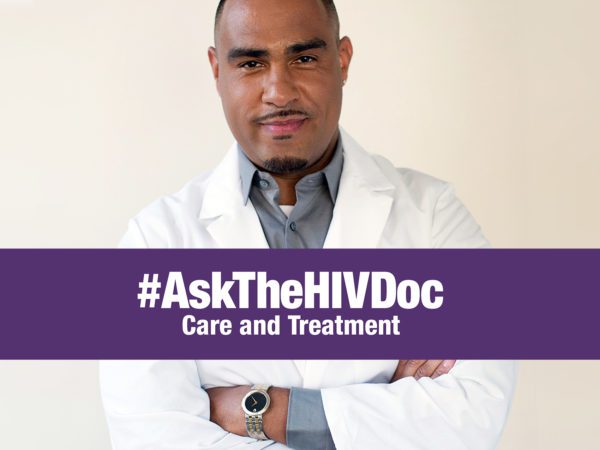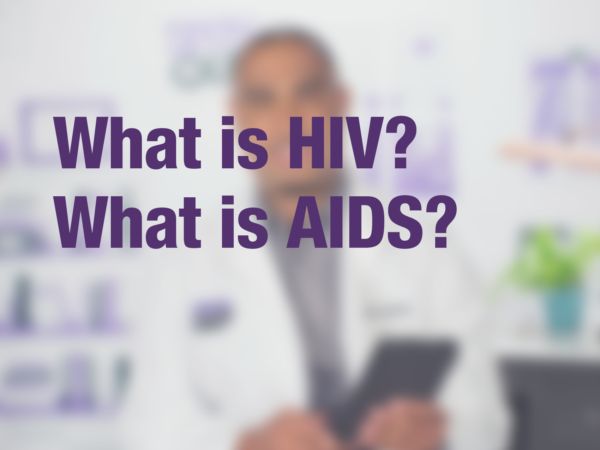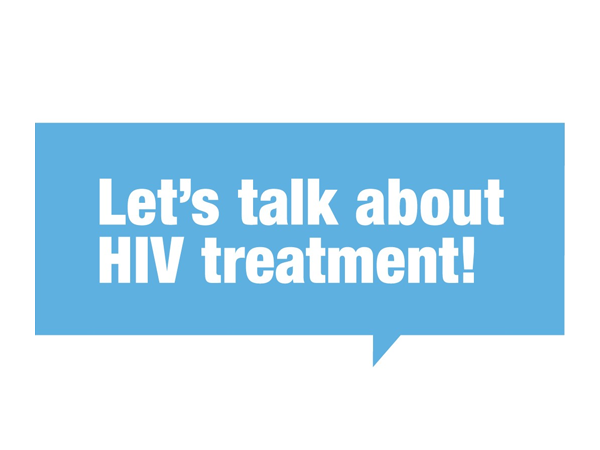What I always tell people is that you still have to have this conversation. This doesn’t mean that you can just nut up in somebody and think well ok, because I’m not detectable anymore, I’m undetectable and on my medications, I don’t need to have this conversation anymore.
I still encourage, if you are living with HIV tell your sexual partners, because there are some people that are not going to be comfortable with it.
And remember it’s kind of like preaching to the choir. So like those of us that are working in the HIV field, we talk about this shit all the time. So we talk about you know, viral loads and undetectable and U equals U and all these different wonderful studies. Most of the general community has no idea that these studies are going on, to them it’s still, oh, HIV is still out there. They’re going to be like ok screw you. Like you didn’t tell me about your status. I thought we were close and so it becomes more of a connectedness thing.
And then also you want to add something on top of that, you add into the HIV criminalization laws. The HIV criminalization laws are based on science that we had back in the 1980s. And those laws are persecuting people with felonies if they don’t disclose to their sexual partners. So not only is my counseling involving talking about your medications, but also the navigation of disclosure with your sexual partners. If you tell somebody you’re positive and then they said ok, I can’t mess with that. You have to understand that. If they’re not comfortable with having sex with someone living with HIV, that’s it.
Dr. David Malebranche, MD, MPH, a clinician-researcher specializing in HIV, gives the lowdown on all things HIV care and treatment in the latest installment of the #AskTheHIVDoc video series.



